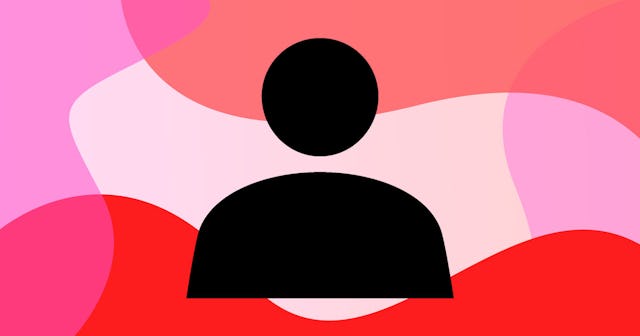Self-Regulation Does Not Come Naturally For Me, But I'm Trying

I treated myself to my favorite Starbucks latte on my birthday, but when I walked in the door and went to set it down to accept the cards my kids had made for me, I missed the counter completely. The cup smashed to the ground and I realized I hadn’t even taken a sip of the coffee that was flowing across the kitchen floor. I was frustrated, bummed, and a little embarrassed and could have easily demonstrated all of those emotions in ways that would not have helped the situation. Anger, blame, or any version of a tantrum would have been scary and not fair to the people around me. In a split second, I made the decision to keep my shit together. That ability to decide how to react did not come without years of practice and self-taught self-regulation.
My feelings were valid, but instead of lashing out, I took a deep breath and verbalized that I was really sad but said I would drive out and get another one when the mess was cleaned up. I would not let spilled coffee ruin my day. Everyone jumped to help me clean up the mess, and my kids were frustrated for me and told me that I didn’t deserve this on my birthday of all days. My ex-partner complimented how well I was handling the situation. I was pretty proud of myself too.
Perhaps most people would have reacted in the same calm way, but I grew up in a house that did not model healthy regulation or healthy reactions to others’ emotions. I have made smaller messes in the past and made the situation worse with my outbursts, growls, and sharp words directed at anyone in the room—I still do at times. Part of this is my personality, and part of it is learned behavior from the environment I grew up in.
Hitting someone and/or screaming at them, throwing objects or pets across the room, maxing out credit cards, drinking, smoking, or storming out of the house were how my parents and family members handled their big and overwhelming emotions. Often the reaction of the people witnessing these scenes would react in similar ways or would simply demand that the other person stop. Rather than helping each other process emotions, my family poured gasoline on the fire or demanded that the fire not exist in the first place. That’s not how emotions or fires operate.
Rawpixel/Getty
I’m far from perfect when it comes to modeling mood regulation, but I’m trying to be better with each messy opportunity. Trauma included, I’m an exhausted parent of three small kids who test every boundary and erode my patience at varying speeds, depending on the day. I yell and growl and threaten consequences that are likely more illogical than appropriate. Of course I’m not going to throw away their tablets—that would be a punishment to me and waste of perfectly good tablets. But sometimes I say stupid shit to get the results I want. Or sometimes I’m overwhelmed by all of the work I have to do and it bleeds into my interactions with my kids. My anxiety rises and I’m cranky with my kids. I can feel myself becoming the person I don’t want to be. I don’t want to repeat cycles that my kids will be drawn to repeat.
Instead of snapping at my kids—or snapping without explanation in some cases—I try to articulate what I’m feeling and offer ways I’m going to process those feelings.
“I’m feeling really frustrated right now. I need to walk away from this task.”
“I’m feeling cranky and anxious. I’m going to go for a walk or run to clear my head.”
“I’m feeling a little sad. I’m going to call a friend.”
“I don’t understand why the TV isn’t working. I’m going to take a lot of deep breaths and keep trying, but I might need to take some space.”
Sometimes these words are said through gritted teeth and forced calm, but I’m trying to model better self-regulation than what I saw as a kid. My kids don’t always love these boundaries, especially if I’m creating space from the thing they desire. I’m not always in the best place to help them, play a game, or get the TV input right so they can watch a movie; but their unhappiness isn’t a reflection of their safety or emotional well-being. Those I make sure are always intact, even if it means looping back later to talk about ways situations could have been handled better or differently.
When my kids were toddlers, I struggled watching them get frustrated to the point of tantrums and tears. Their reactions triggered uncomfortable feelings for me, but I knew it was better to let them own their emotions and work through them in ways that were natural for them and safe for the people around them.
“I see you are frustrated. It’s okay to take a break.”
“I see that you are really mad. It’s not okay to hit your sister, but you can hit a pillow.”
“I see that you are really sad. You do want company, or would you like some space with your lovie?”
Again, I’m not Mary Poppins, and I fuck up these interactions at times based on my own rising emotions. I’m self-aware and intentional, though. I’m committed to showing my kids how to regulate their feelings in my own actions. And if I screw that up I always mention my mistake and what I could have done differently. I’m determined to raise my kids with tools that will help their emotional growth and strengthen the relationships with the people they love.
This article was originally published on